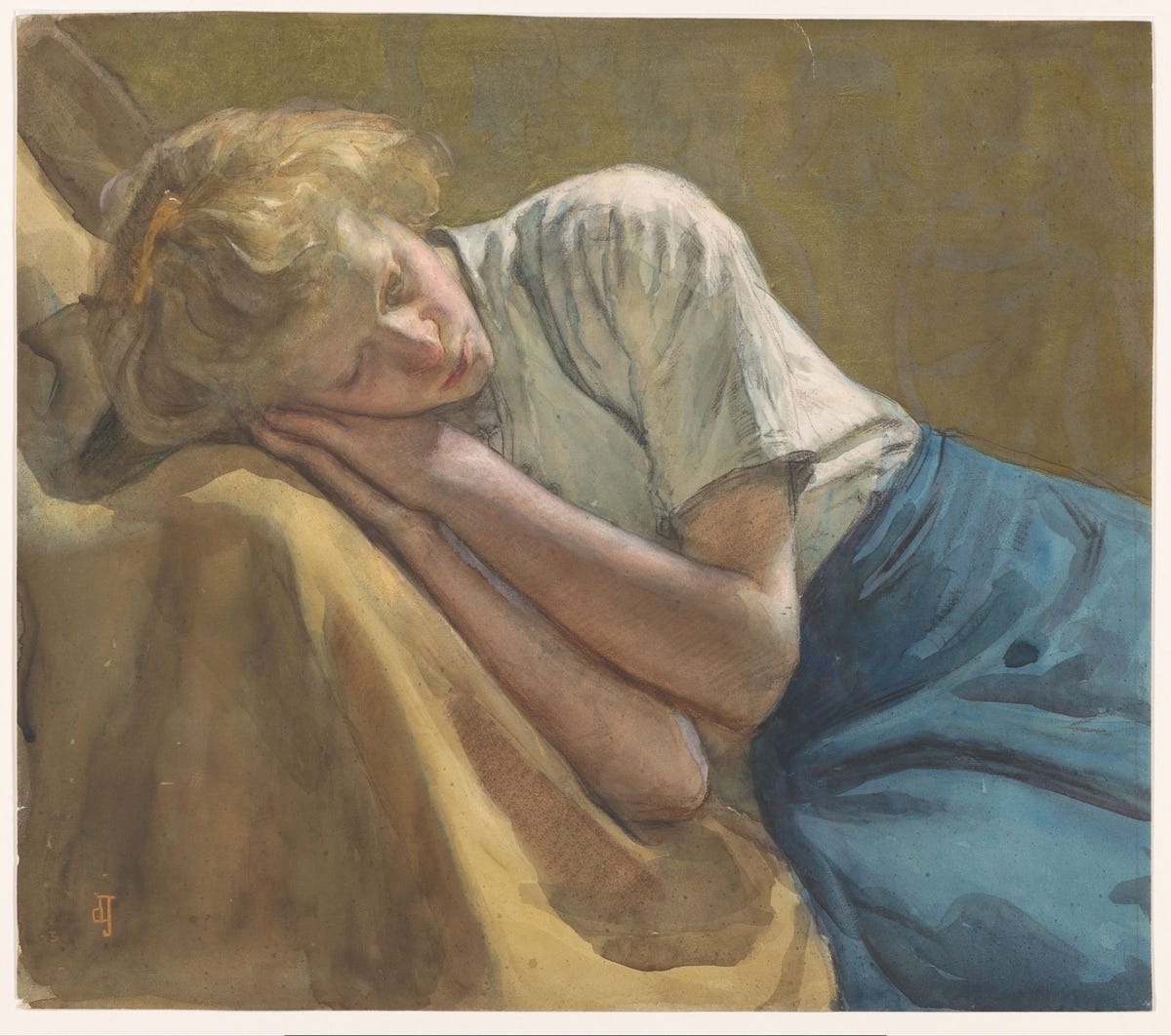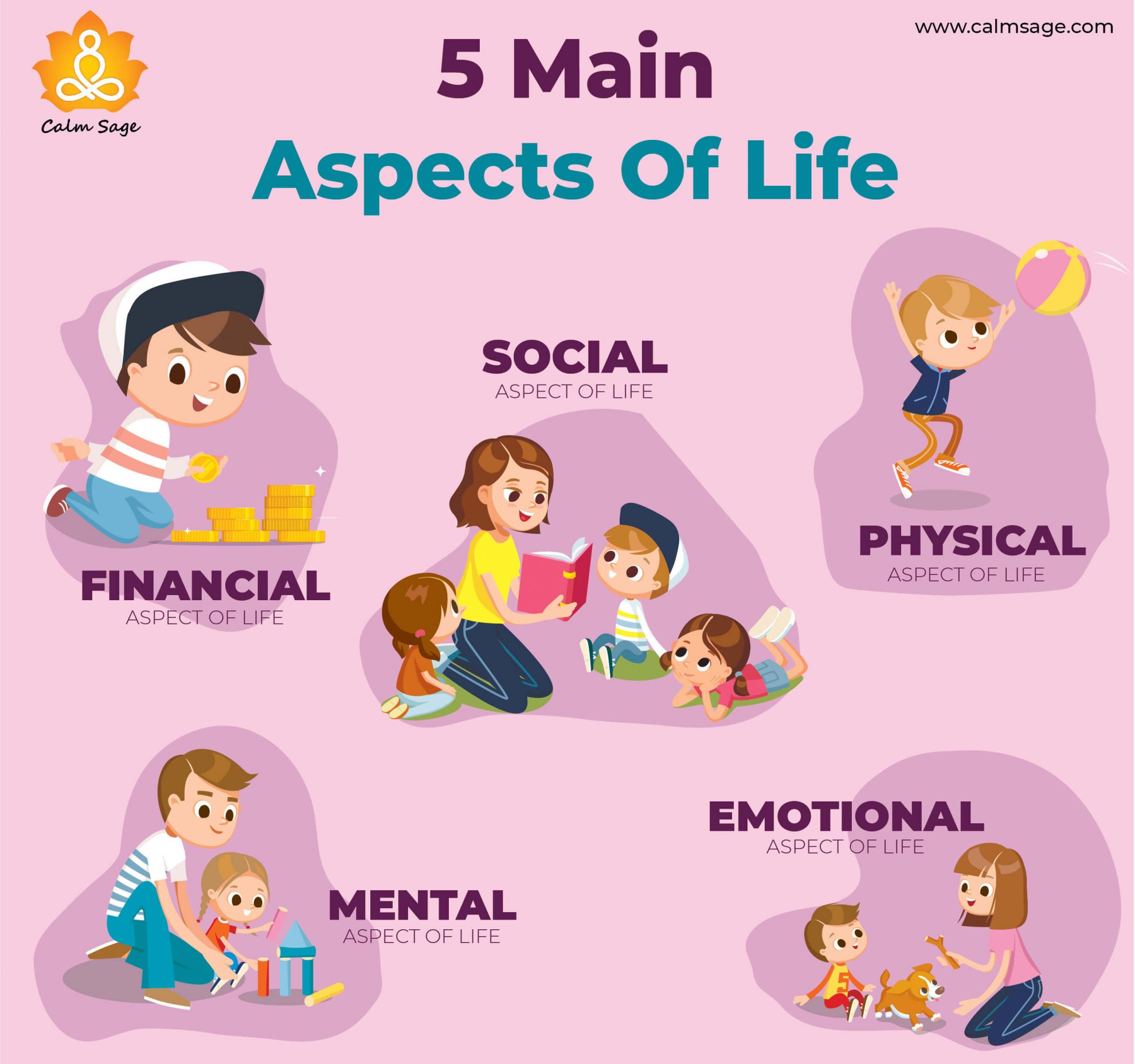
The landscape of reality television, a genre often characterized by its effervescent personalities and dramatic narratives, has recently been touched by profound sorrow. Kelsey Bateman, a figure who briefly captivated audiences on VH1’s “Rock of Love Bus with Bret Michaels,” has died at the age of 39. Her family confirmed her unexpected passing to TMZ, though the precise cause and timing of her death have not been disclosed, leaving a somber note within the entertainment community. This tragic news prompts a moment of reflection on the lives lived by those who step into the intense glare of public scrutiny through such platforms, often at a formative age.
Bateman’s journey into the public eye, though fleeting, left an indelible mark on viewers who followed the hit dating competition more than a decade ago. Her story serves as a poignant reminder of the intricate interplay between fleeting celebrity, personal struggles, and the enduring human interest in lives lived, however briefly, under the glare of the camera. The news has reignited conversations about the afterlives of reality stars and the often-unforeseen paths they navigate once the production lights dim, highlighting the unique challenges and experiences that come with televised fame. Her passing, so untimely, draws attention to the broader narrative of reality television’s lasting impact on its participants.
This article revisits the pivotal moments of Kelsey Bateman’s time on “Rock of Love,” examining the context of the show that brought her into millions of homes and the specific events that defined her public persona. Through a detailed retrospective, we aim to offer a comprehensive account of her notable presence on a series that, for a time, encapsulated a distinct era of pop culture, while acknowledging the tragic brevity of her life. We delve into her introduction to the show, the environment in which the competition unfolded, and the sequence of events that led to her memorable, and ultimately defining, televised exit.

1. **The Announcement of Her Untimely Passing**The entertainment world recently received the somber news of Kelsey Bateman’s death, confirmed by her family. At the age of 39, the former “Rock of Love” contestant passed away “unexpectedly,” a detail that has been reiterated by various family sources to TMZ. This declaration, devoid of a specific cause or date, underscores a desire for privacy surrounding the circumstances of her demise during a profoundly difficult period for her loved ones. The lack of an official explanation for her death has led to an air of melancholy, as fans and former colleagues grapple with the sudden loss of a vibrant personality remembered from the popular reality series.
The abruptness of Bateman’s passing has resonated deeply within the community of reality television enthusiasts and her former castmates. It serves as a stark reminder of the fragility of life, particularly for those who entered the public consciousness at a young age and whose personal journeys often become subjects of widespread public fascination. While public curiosity naturally seeks answers, the family’s choice to withhold further details concerning the cause of death is a common and understandable practice, highlighting the deeply personal nature of such a loss and respecting their need for space during bereavement.
Bateman’s death has prompted an outpouring of reflections on her brief but memorable stint in the spotlight, bringing her name back into conversations across social media and entertainment news outlets. Her name, once synonymous with a particular brand of early 2000s reality entertainment, now carries the weight of a life cut tragically short. The absence of specific medical information ensures that the focus remains on remembering her life and impact as a participant in a significant cultural phenomenon, rather than speculating on the particulars of her final moments, allowing for a more respectful contemplation of her memory.
Read more about: Unveiling the Enduring Luxury: Janet Jackson’s Illustrious Career and Cultural Impact

2. **Her Introduction to Reality Television**Kelsey Bateman first entered the national consciousness in 2009, making her debut on the third and final season of VH1’s “Rock of Love Bus with Bret Michaels.” She was notably young at the time, just 21 years old, a detail that placed her among the younger cohort of contestants vying for the affection of Poison frontman, Bret Michaels. This entry point into reality television marked a significant chapter in her life, propelling her from relative obscurity in Utah into the national spotlight, where her personality would soon be broadcast to millions. Her youthful energy and enthusiasm for the competition were evident from the outset, distinguishing her among the diverse group of women.
Her decision to join the show positioned her within a then-burgeoning genre that promised love, drama, and a taste of the rock-and-roll lifestyle. For a young woman from Utah, this was a stark contrast to her probable everyday life, offering an unprecedented opportunity for adventure, televised romance, and a unique form of celebrity. The year 2009, marking the show’s conclusion, also solidified her place, however minor, in the annals of reality TV history, forever linking her name to one of the era’s most talked-about programs. She was one of 22 women competing for the chance to date the rocker on his tour bus.
The series provided a unique platform for individuals like Bateman to showcase their personalities, often under exaggerated and high-pressure circumstances designed for entertainment. At 21, navigating a televised dating competition with two dozen other women, all living in close quarters on a tour bus, her experience was undoubtedly a formative one. It shaped public perception of her and introduced her to a world far removed from typical youthful experiences, a world where personal vulnerabilities and dramatic encounters were central to the narrative.
Read more about: Beyond the Beach: Unpacking the Decade-Defining Journey and Lasting Impact of ‘Lost,’ a Series That Built a Universe and Challenged Our Perceptions

3. **”Rock of Love” as a Cultural Phenomenon**”Rock of Love with Bret Michaels,” which aired between 2007 and 2009, quickly established itself as one of VH1’s most distinctive and widely discussed dating competitions. The show’s premise was straightforward yet captivating: a group of two dozen or more women would go head-to-head, competing through various challenges and dates, all with the singular goal of becoming the Poison frontman’s girlfriend. This format tapped into a cultural fascination with rock star romance and competitive dating, blending elements of a traditional dating show with the unique allure of a celebrity bachelor.
The series became synonymous with a specific era of reality television, characterized by its often over-the-top drama, larger-than-life personalities, and a candid glimpse into the perceived lifestyle of a rock icon. It was a cultural phenomenon that extended beyond mere entertainment, sparking conversations and debates about relationships, fame, and the very nature of televised love in the early 21st century. Viewers were drawn to the spectacle, the emotional highs and lows, and the unique appeal of Michaels himself, a rock veteran looking for companionship.
The show’s success lay in its ability to create compelling narratives from the often-unpredictable interactions of its diverse cast, showcasing both genuine connection and the inevitable conflicts arising from a high-stakes competition. For many, “Rock of Love” was more than just a dating show; it was a reflection of popular culture’s engagement with celebrity, romance, and the often-unpredictable world of reality programming, cementing its place in the early 21st-century television landscape. Its impact was significant enough that Michaels was offered a fourth season, though he chose to pursue a different reality series focusing on his everyday life.

4. **Life on the Tour Bus**The third season, titled “Rock of Love Bus with Bret Michaels,” introduced a unique and particularly intense setting for its contestants: Bret Michaels’ tour bus. This literal “road trip” with the singer presented a distinct set of challenges compared to the previous seasons, which largely took place in a static mansion. The close quarters and constant movement amplified the inherent pressures of a dating competition, creating an environment ripe for both camaraderie and conflict among the women vying for Michaels’ attention. The shift in setting profoundly influenced the dynamics of the show and the experiences of its participants.
Living in small spaces late at night, managing daily life amidst frequent tour stops, and coping with the inevitable interpersonal drama were all integral parts of the contestant experience. This mobile setting meant that privacy was minimal, and every interaction, every emotional outburst, was magnified by the confined environment of the bus. It was a rigorous test not only of romantic compatibility but also of mental fortitude, social adaptability, and the ability to thrive under constant surveillance and the demands of life on the road.
The tour bus lifestyle became a character in itself, influencing the dynamics between the women and shaping their perception of Michaels’ world. It exposed them to the gritty realities of a rock star’s life—the perpetual travel, the constant public presence, and the lack of conventional stability that differs vastly from a typical romance. This unique backdrop undoubtedly contributed to the show’s appeal, offering viewers a more authentic, albeit still curated, glimpse into the rock-and-roll existence and the profound challenges it posed for a potential partner. The pressure of this environment would eventually play a role in Bateman’s journey.
Read more about: Totally Tubular Talents: 14 ’80s Stars Who Lit Up Our Screens, Then Seemingly Vanished (But Are Still Awesome!)
5. **A Spirited Personality Emerges**Amidst the vibrant and often chaotic environment of the “Rock of Love Bus,” Kelsey Bateman quickly distinguished herself. Described by sources as a “spirited young woman” and possessing a “fun-loving and open personality,” she resonated with viewers and stood out among her fellow competitors. Her genuine demeanor and willingness to express herself openly became a hallmark of her presence on the show, contributing significantly to her memorability and establishing her as a fan favorite. This authenticity was a refreshing quality amidst the often-manufactured drama of reality television.
Despite the inherent pressures of reality television, Bateman’s authentic approach shone through. She was often seen navigating the complexities of the competition with a candidness that endeared her to many, even when it led to vulnerable or emotionally charged moments. Her portrayal was that of someone genuinely grappling with the unique circumstances of the show, but always doing so with an undeniable zest for life and an honest emotional response that viewers found compelling. Her ability to remain true to herself, despite the cameras, made her journey particularly engaging.
This early part of her journey showcased her as a contestant who was not afraid to be herself, an attribute often prized in reality television for its ability to create relatable and engaging content. Her initial run on the show provided a vivid window into her character, revealing a young woman who, despite admitting to sometimes feeling “overwhelmed by the pressures of reality television,” approached the experience with an earnestness and distinctive charm that made her a compelling figure for the audience. She quickly became a memorable face from the third season.
Read more about: Steer Clear! Unpacking 13 Overrated Car Brands That Are All Hype, No Substance – Reliability Gaps & High Upkeep Drive Frustration

6. **Reaching the Final Nine**Kelsey Bateman’s spirited personality and undeniable presence on “Rock of Love Bus” were not merely for show; they propelled her significantly through the competition. She successfully navigated multiple elimination rounds, ultimately securing a coveted spot among the final nine women vying for Bret Michaels’ affection. This achievement marked her as one of the more serious contenders from the original pool of 22 women, demonstrating her ability to connect with Michaels and effectively stand out in a highly competitive and often dramatic environment. Her progress highlighted her resilience and appeal within the show’s structure.
Her progression underscored her ability to manage the intense social dynamics of the tour bus and the various challenges presented by the show’s producers, which often tested the contestants’ limits. Each elimination she survived affirmed her position and deepened her narrative arc within the series, building anticipation for how far she might go in her pursuit of Michaels’ heart. Reaching the final nine is a significant testament to her impact, suggesting she forged a notable connection with Michaels and left a strong impression on the audience who followed her journey.
This stage of the competition naturally brought heightened scrutiny and increased emotional investment from both the contestants and the viewers. Bateman’s continued presence meant that her story was becoming more central to the season’s unfolding drama, setting the stage for the crucial decisions and pivotal moments that would ultimately determine her fate on the show. Her journey to the top nine cemented her status as a key personality of the third season, making her subsequent exit all the more impactful.
Read more about: James E. Ferguson II: A Pillar of Justice and Civil Rights Advocacy Who Transformed America’s Legal Landscape

7. **The Infamous “Wasted” Incident**The culmination of Kelsey Bateman’s journey on “Rock of Love Bus” arrived in the seventh episode, marked by an incident that became central to her eventual elimination. In what was widely described as getting “way too ‘wasted'” with fellow contestants Farrah Sinclair and Ashley Klarich, Bateman’s behavior that night led to a visibly intoxicated appearance at the subsequent elimination ceremony. This moment became a defining, albeit challenging, point in her televised narrative, illustrating the raw and often unfiltered reality of life under the camera’s gaze.
During her confessional, she candidly recounted the emotional weight of the competition and the events of the evening, offering an unvarnished glimpse into her state of mind. “I ended up laying on a speed bump balling my eyes out but you know what? I’m here and I’m ready for whatever Brett has to say to me,” she admitted, revealing a vulnerable side beneath her spirited exterior. This raw honesty, while compelling for viewers who appreciate authenticity, also presented a significant concern for Michaels regarding her ability to handle his demanding rock-and-roll lifestyle.
Her subsequent, slightly defiant, remark — “But I mean, hey, I can’t be the only girl that’s got drunk and laid on a speed bump. Let’s be honest.” — encapsulated a blend of self-awareness and a touch of youthful bravado. This episode vividly captured the intense pressures the contestants faced, illustrating how personal challenges and the unique environment of the show could lead to emotionally charged and publicly scrutinized moments, ultimately influencing the decisions of the show’s leading man. This specific incident would become a memorable, if controversial, part of her reality TV legacy.
Read more about: Unveiled! The 12 Celebrity Scandals PR Teams Desperately Tried to Hide

8. **Bret Michaels’ Rationale for Elimination**Bret Michaels’ decision to eliminate Kelsey Bateman in the seventh episode was articulated with a candor that underscored his pragmatic view of the demanding rock-and-roll lifestyle. He expressed palpable concern, noting her absence during a concert and her subsequent admission of feeling overwhelmed. Michaels recounted, “At some point I looked over during the concert and you were no longer there,” directly linking her disappearance to his growing apprehension about her ability to cope with the rigorous demands of his life on the road.
His conversation with Bateman delved into her visibly intoxicated state during the elimination ceremony, directly questioning her choices. He observed, “And at some point you were laying on a speed bump talking saying you couldn’t handle this any longer.” The rocker further pressed, “I think tonight the fact that you are are needing to be who you are not, the fact you need to drink this much?” These remarks conveyed a genuine worry about her well-being and whether the high-pressure environment of the tour bus was conducive to her authentic self.
Michaels concluded his assessment with a definitive statement, emphasizing his perceived responsibility in the matter. “I think you’re awesome and a beautiful girl and I said sometimes I have to make decisions for people,” he explained, framing his judgment as a protective measure rather than a punitive one. He then delivered the news with a gentle yet firm finality: “and my decision for you is that I’m going to let your tour end here,” effectively bringing her televised journey to a close.
This blunt delivery, while undoubtedly difficult for Bateman, highlighted Michaels’ consistent narrative throughout the series: his search for a partner who could genuinely integrate into his unique, peripatetic existence. His concern for her handling the rock-and-roll lifestyle was paramount, positioning his decision as an act of both evaluation and, from his perspective, care for a young woman he considered “awesome and a beautiful girl.”

9. **Bateman’s Candid Reaction and Post-Show Outlook**Kelsey Bateman’s immediate reaction to her elimination by Bret Michaels was a blend of emotional vulnerability and a distinct, almost defiant, self-awareness. Though described as “emotional” by the singer, she maintained a level of composure that allowed her to articulate her perspective clearly. Her statement, “Sometimes I get drunk and lay on speed bumps it’s just you know,” offered a glimpse into her personal coping mechanisms and a casual acceptance of her own habits, which may have clashed with Michaels’ expectations.
Her subsequent remarks carried a thinly veiled critique of Michaels’ judgment, suggesting a perceived intolerance on his part rather than a definitive personal failing on hers. “Apparently Brett just can’t handle a girl that likes to get drunk and lay on speed bumps,” she stated, implying that her behavior, while perhaps unconventional, was a facet of her personality that he was simply unaccustomed to. This commentary underscored a divergence in their expectations and lifestyles, highlighting a fundamental incompatibility.
In the immediate aftermath of her departure, Bateman expressed a pragmatic, if slightly disillusioned, outlook on her romantic future. She declared her intention to embrace singledom, stating, “I’m going to go home and I’m going to be single I’m not going to think about guys for a while.” This indicated a desire for a period of introspection and a respite from the intense scrutiny of a televised dating competition, allowing her to process the experience away from the cameras.
The most memorable and perhaps telling aspect of her post-elimination commentary was her specific vision for her next partner. With a touch of youthful rebellion and humor, she asserted, “but the next guy I find definitely won’t be 44 and probably not a rock star.” This definitive statement encapsulated her immediate disillusionment with the specific archetype represented by Bret Michaels, offering a candid and relatable conclusion to her time on the show, and signaling a desire for a different path in her personal life.

10. **Bret Michaels’ Life After “Rock of Love”**In stark contrast to the limited public knowledge of Kelsey Bateman’s life following her reality television appearance, Bret Michaels’ journey after the conclusion of “Rock of Love” has been well-documented and widely observed. Michaels, who is now 62, continued to maintain a prominent public profile, skillfully leveraging his reality television fame to transition into new ventures that explored aspects of his personal life beyond the dating competition format.
His romantic life, which was the central focus of the “Rock of Love” franchise, ultimately found a more stable and enduring expression outside the competitive arena. Michaels married Kristi Michaels in 2013, solidifying a relationship that had roots long before his televised search for love. The couple’s history is notably extensive, as they first met in 1994, indicating a deep, pre-existing connection that predated the performative aspects of reality television.
Further cementing his family life in the public eye, Michaels and Kristi share two daughters, Raine, aged 25, and Jorja, aged 20. These details emerged through another reality television series, “Bret Michaels: Life As I Know It,” which premiered in May 2010. This show marked a significant pivot in his reality TV presence, moving away from the competitive dating genre to focus on his everyday life as a rock star and family man, offering a more intimate and less dramatic portrayal.
This shift underscores Michaels’ evolution from a bachelor seeking love on a bus to a married father navigating the complexities of fame and family. While he was offered a fourth season of “Rock of Love,” his decision to pursue a series centered on his daily life speaks to a desire for a different narrative, one that showcased a more authentic, albeit still curated, version of his personal reality and commitments. His path provides a counterpoint to the more uncertain post-show trajectories of many contestants.

11. **The Short-Lived Romance of the Finale**The culmination of “Rock of Love Bus with Bret Michaels” saw the Poison frontman make his final selection, choosing Taya Parker as his girlfriend in the grand finale. This moment, designed as the ultimate romantic payoff for the season’s drama, temporarily satisfied the anticipation of viewers who had followed the journey of numerous women vying for Michaels’ affection. Parker, a Penthouse Pet, emerged victorious from the competitive field, seemingly fulfilling the show’s promise of finding love for the rock star.
However, the narrative of televised romance, particularly within the “Rock of Love” franchise, often demonstrated a disparity between on-screen declaration and off-screen longevity. In the case of Bret Michaels and Taya Parker, their relationship, despite its high-profile commencement, proved to be “short-lived.” This outcome was not uncommon for relationships forged under the unique pressures and artificial constructs of reality television dating shows.
The brevity of their romance served as a recurring theme throughout the “Rock of Love” series, where Michaels’ televised relationships rarely translated into lasting partnerships. While the shows were highly successful in generating entertainment and capturing audience attention, they consistently highlighted the inherent challenges of translating a competition-driven courtship into a sustainable, real-world connection. The intense environment, coupled with the performative aspects of reality TV, often created conditions not conducive to long-term romantic success.
This pattern underscores a broader commentary on the nature of reality television itself: while it skillfully manufactures dramatic narratives and fleeting emotional connections, it often struggles to produce the genuine, enduring relationships it purports to seek. The short-lived nature of the finale’s romance with Taya Parker became another chapter in this ongoing narrative, reinforcing the understanding that the true ‘prize’ of such shows was often the entertainment value and the platform for celebrity, rather than an assured romantic future.

12. **Life After the Spotlight for Reality TV Contestants**Kelsey Bateman’s story, particularly the limited public information regarding her personal life after “Rock of Love,” illuminates the often-unseen challenges faced by reality television contestants once the cameras cease rolling. For many participants, the transition from intense public scrutiny back to a more private existence can be fraught with unique difficulties, marking a significant shift from a world of manufactured drama to the complexities of everyday life without the constant glare of celebrity.
While Bateman’s post-show life largely remained out of the public eye, her experience serves as a poignant reminder of the broader implications for reality TV participants. The initial rush of fleeting celebrity, though exciting, often gives way to an “afterlife” that demands adaptation and resilience. These individuals must navigate “unforeseen paths” once “the production lights dim,” contending with persistent public recognition, the potential for misrepresentation, and the psychological impact of having their personal lives extensively broadcast.
This intricate interplay between momentary fame and personal struggles is a defining characteristic of life after reality television. Contestants, many of whom enter these shows at a formative age, are often unprepared for the “lasting impact” such televised experiences can have on their identities, relationships, and career trajectories. The curated narratives presented on screen often diverge significantly from the complex realities these individuals face in their day-to-day lives, leading to a unique set of pressures.
The challenges extend beyond personal adjustment to societal perceptions. Viewers, accustomed to the dramatic portrayals, may struggle to reconcile the on-screen persona with the real person, creating a persistent public image that can be difficult to shake. Bateman’s story, in its understated post-show arc, quietly foregrounds the profound and often complex experiences of those who choose to step into the intense glare of public scrutiny through such platforms, even when their subsequent journeys largely unfold away from the public gaze.
Read more about: The Uncut Tapes: What 14 A-Listers Were Really Like Before They Hit It Big

13. **Community Response and Mourning**The news of Kelsey Bateman’s unexpected passing at 39 has profoundly resonated throughout the reality television community, eliciting an extensive outpouring of grief and reflection. Her death, confirmed by her family, immediately sparked conversations across social media platforms and entertainment news outlets, as fans and former colleagues grappled with the sudden loss of a memorable figure from a popular era of reality programming. The collective response underscores her lasting, albeit brief, impact on the genre.
Social media platforms, in particular, became a forum for remembrance, where numerous fans and individuals associated with “Rock of Love” shared their condolences and memories. This outpouring of reflections highlighted the genuine connection many viewers felt with Bateman, who was remembered for her “vibrant personality” and “authentic approach” to the competition. The digital tributes served as a testament to how even fleeting appearances on television can create lasting impressions on an audience.
Her name, once synonymous with the distinctive brand of early 2000s reality entertainment, now carries the somber weight of a life tragically cut short. This shift in public perception, from a contestant on a dating show to a subject of collective mourning, emphasizes the deeply human element underlying reality television’s manufactured spectacle. The absence of a specific cause of death, while respecting family privacy, added an air of melancholy to the tributes, focusing attention on her life rather than its end.
This tragic news has prompted a broader moment of reflection within the entertainment community regarding the lives lived by those who step into the intense glare of public scrutiny through such platforms. It serves as a stark reminder of the fragility of life and the often-unforeseen journeys of individuals who become part of the public consciousness at a young age, fostering a renewed appreciation for their contributions and the personal sacrifices inherent in televised fame.
Read more about: Ozzy Osbourne: Official Causes of Death Revealed for Rock Legend Aged 76

14. **The Enduring Legacy of Reality TV and its Participants**Kelsey Bateman’s untimely passing, more than a decade after her prominent appearance on “Rock of Love Bus,” serves as a poignant reminder of the intricate interplay between fleeting celebrity, personal struggles, and the enduring human interest in lives lived under the camera’s gaze. Her story, while brief in its televised duration, contributes to the ongoing narrative about the lasting impact of reality television on its participants and the indelible mark they leave on pop culture history, however subtly.
Her authentic spirit and memorable television presence ensured that she remained in the hearts of those who watched her journey. Even with limited public information about her life after the show, her initial run provided a vivid window into her character—a young woman who, despite sometimes feeling “overwhelmed,” approached the experience with earnestness and distinctive charm. This resonance speaks to the power of reality TV to connect audiences with genuine, relatable personalities.
Bateman’s experience on “Rock of Love” represented a pivotal moment that brought both opportunities and challenges associated with public attention at a young age. It underscores the “complex journey” many reality TV participants face, grappling with public perception, the intense pressures of the industry, and the transition back to a more private existence. Her story subtly highlights the profound personal dimension behind every televised persona.
Ultimately, Kelsey Bateman’s life, though tragically cut short at 39, reinforces the enduring legacy of reality television as a cultural phenomenon that profoundly impacts lives. Her passing serves as a sobering reminder of life’s fragility, prompting contemplation on the human cost and the lasting impressions created by these televised experiences. It calls for a deeper understanding of the individuals behind the entertainment, acknowledging their real lives and their ongoing place in the collective memory of an era.
Read more about: Joel DeMott, Pioneering Filmmaker Whose Seminal Work “Seventeen” Was Rebuffed by Public Television, Dies at 78
Her story reminds us that behind every reality TV personality is a real person with hopes, dreams, and loved ones who will forever miss their presence. While the specifics of her passing remain private, her brief but impactful television appearance ensures she will be remembered as a significant, if tragic, figure in the annals of early 21st-century reality programming.




